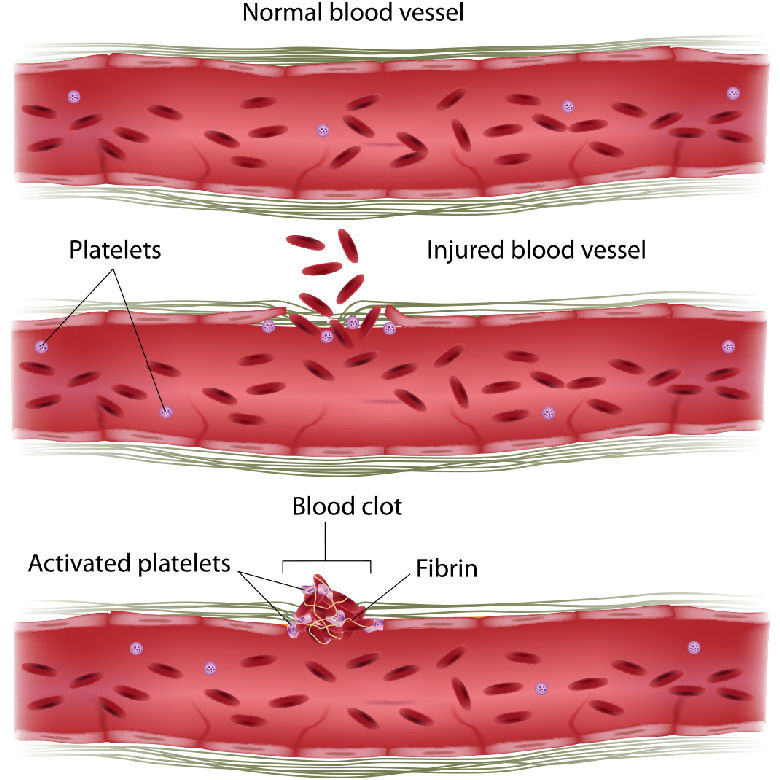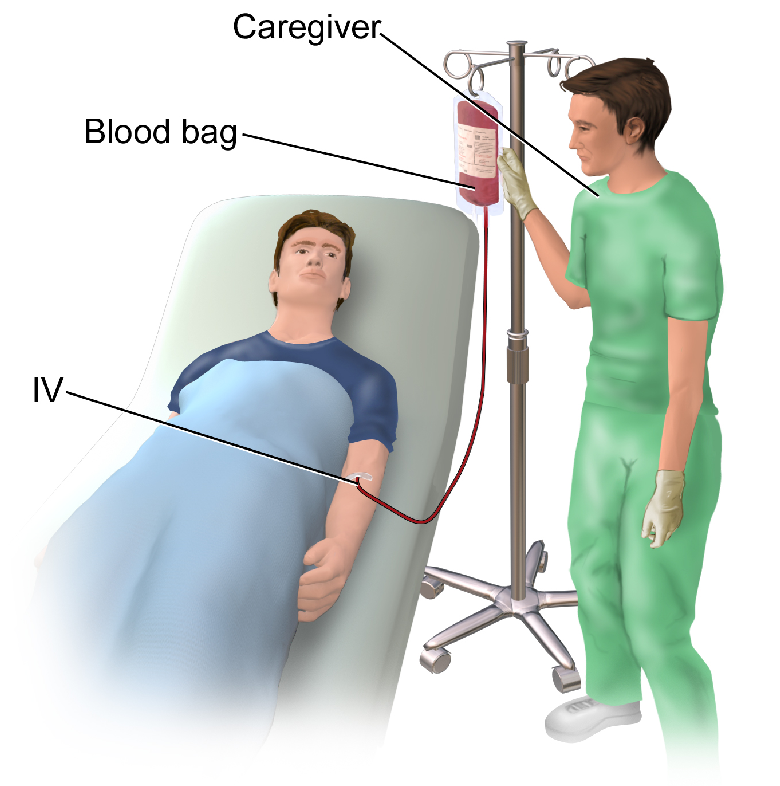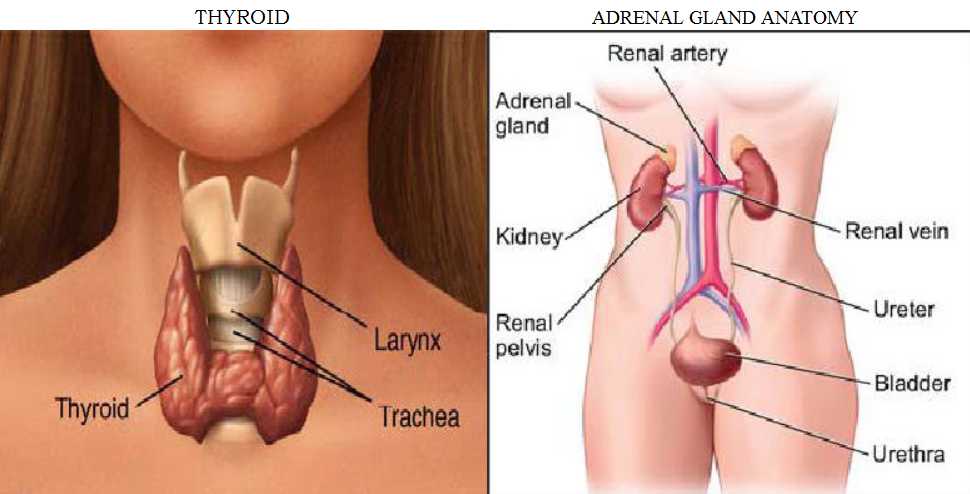173.WHAT MAKES BLOOD CLOT?
We can’t afford to lose any blood. Even though a healthy person can lose as much as one third of all his blood and stilt live, a steady loss of blood, or loss of blood while we are sick, would be very dangerous.
Nature has protected us against this danger by giving blood the capacity to clot. If this clotting took place inside our circulatory system, it would be equally dangerous. So blood does not coagulate, or clot, when it is in contact with the-smooth walls of the blood vessels.
172.WHAT IS PLASMA?
The average person has a little over six litres of blood in his body. This blood is composed of a fluid in which various types of cells are suspended. The fluid is called plasma.
Of the total volume of the blood, about 55 per cent is made up of this plasma. It is a clear, slightly yellowish fluid. After you eat, small globules of fat become suspended in it and give it a milky appearance. This is why you are told not to eat before a blood sample is taken.
171.WHAT IS A HORMONE?
Hormones are secreted by the endocrine glands. Endocrine means “the internal secretion of a gland.” Another name for them is ductless glands, because they don’t send their secretions into ducts but directly into the bloodstream. Hormones are also produced by some organs such as the liver and the kidney, but most of the hormones in the body come from glands.




